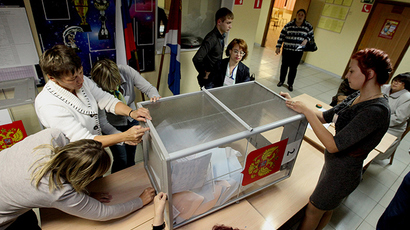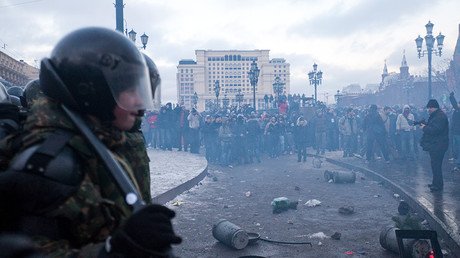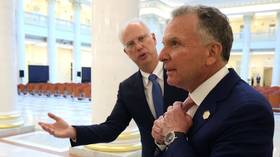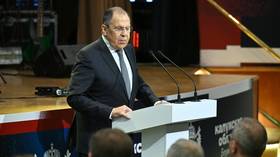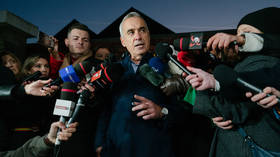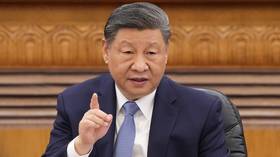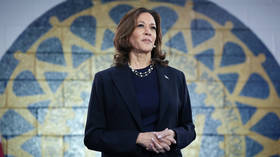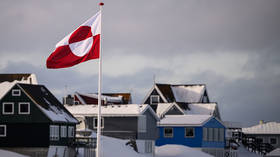State Duma blasts foreign media for interfering in Russian elections
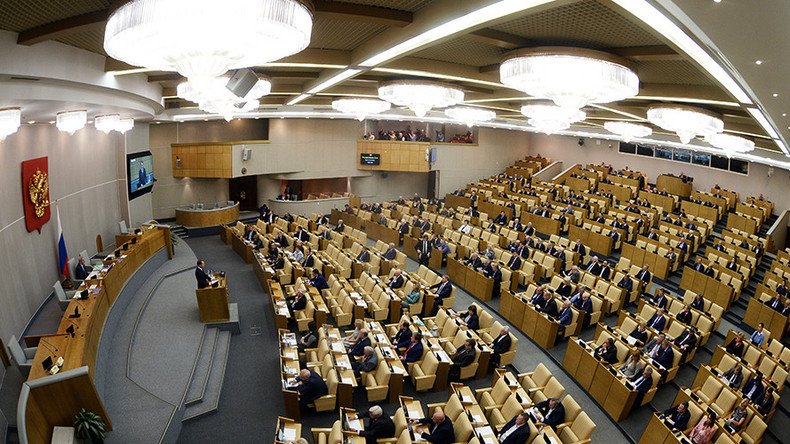
After hearing a report describing the coverage of the recent Russian parliamentary elections by foreign media outlets as extremely biased, the Russian Lower House has decided to discuss the issue with the Federal Security Service (FSB).
The report was delivered by the head of the Lower House Committee for Information Policy, MP Leonid Levin of the Fair Russia Party, who focused on the work of the Russian-language branches of the Voice of America and Radio Liberty, as well as CNN.
Levin told the State Duma that experts and members of his committee had come to the conclusion that before the Russian parliamentary elections of last September, all three media outlets speculated about the use of administrative resources in the elections, and suggested that the results were predetermined and questioned the democratic nature of the Russian electoral system.
Levin noted that of all the reports done by the three media outlets before the elections, 43 were “openly negative,” 55 were “relatively neutral,” and only two percent described the elections positively.
Foreign media gave positive coverage to only two political parties, the liberal parties Yabloko and Parnas, both of which did not gain any parliamentary seats and even failed to pass the three-percent vote threshold that guarantees funding from the state until the next election. They also used representatives of opposition parties as experts on Russian elections, which led to one-sided descriptions of the process and failure to present differing opinions.
“It is difficult to deny that during last year’s parliamentary election campaign, these radio stations that are being financed from the United States were using journalism as a cover to spread one-sided propaganda and disinformation on the Russian electoral process,” Levin said.
The MP also urged the State Duma to look into the current situation in which Voice of America and Radio Liberty can broadcast in Russia, and in Russian, without registering as mass media. Presently, the two stations are accredited as foreign mass media with the Foreign Ministry and Levin said that the issue requires a separate discussion.
The head of the populist nationalist opposition party, the LDPR, Vladimir Zhirinovsky, proposed discussing the issue at a separate closed session of the Lower House with FSB Director Alexander Bortnikov. Other lawmakers and State Duma speaker Vyacheslav Volodin backed the proposal. According to Volodin, the closed session may take place in June or July of this year.
The proposal to look into how the US media covered the Russian elections was made in March this year by MP Konstantin Zatulin of the parliamentary majority party United Russia. The move came shortly after the US Congress received a bill giving the Justice Department additional powers to monitor RT and other Russian media outlets for their compliance with US law.
The Russian parliamentary elections were held in September 2016. Center-conservative United Russia won by a wide margin. Three opposition parties – the Communists, Liberal Democrats, and center-left Fair Russia formed smaller caucuses, and two seats were occupied by independents.
